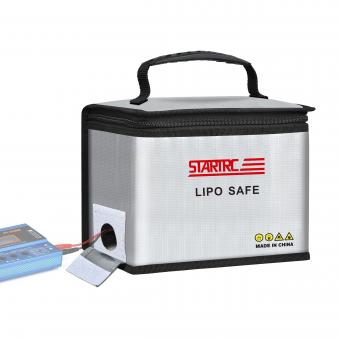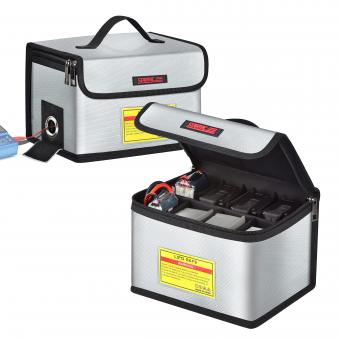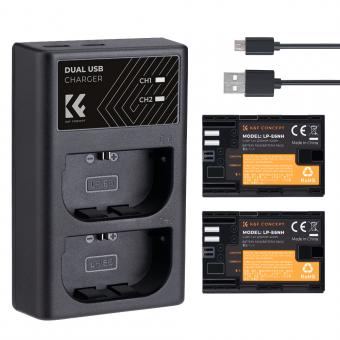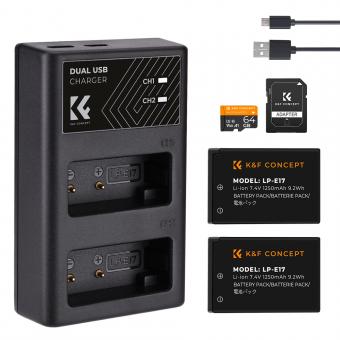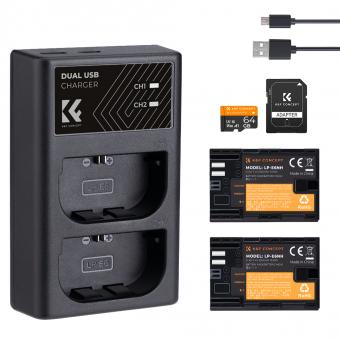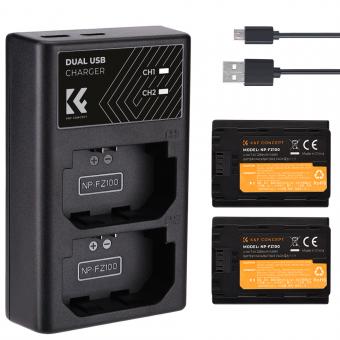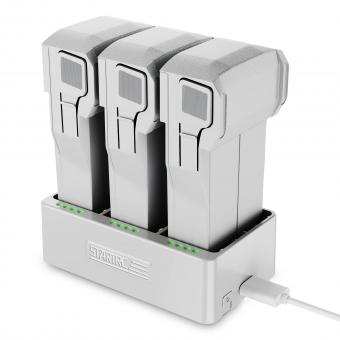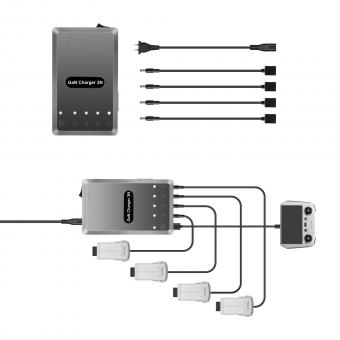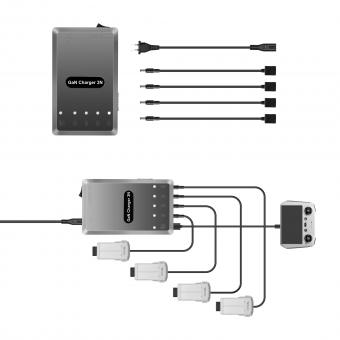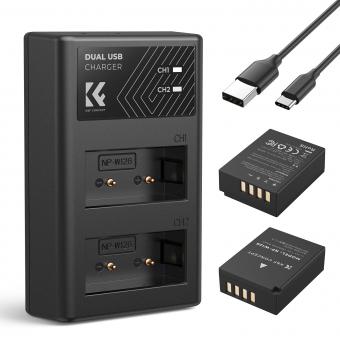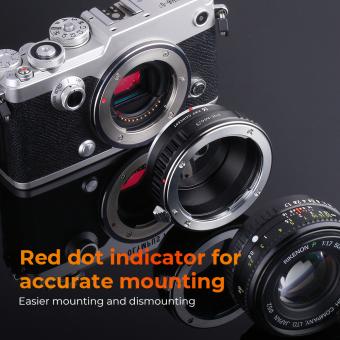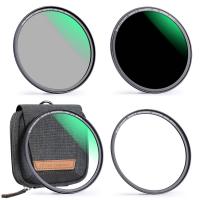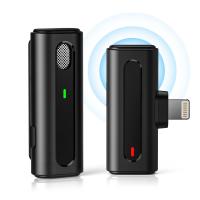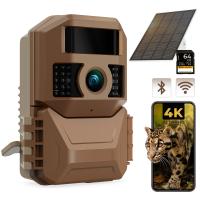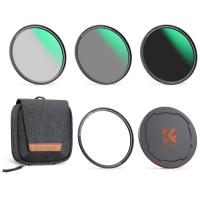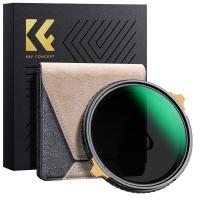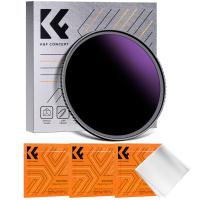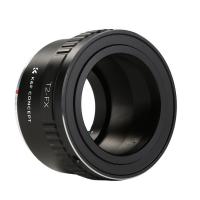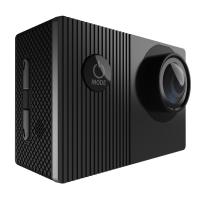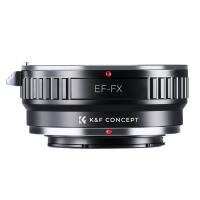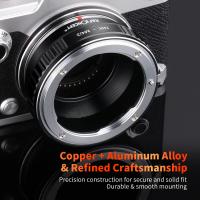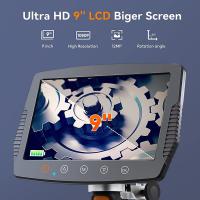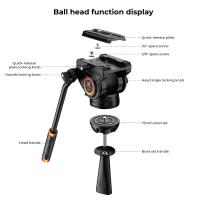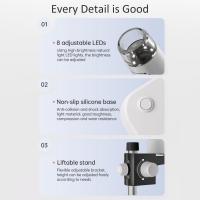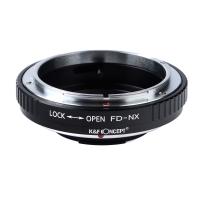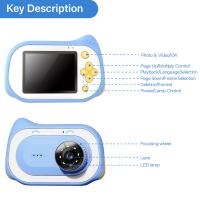Are Canon Camera Batteries Lithium ?
Yes, most Canon camera batteries are lithium-ion batteries. These batteries are known for their high energy density, long lifespan, and low self-discharge rate. They are also lightweight and compact, making them ideal for use in portable electronic devices like digital cameras. Canon offers a range of lithium-ion batteries for its cameras, with different capacities and features to suit different needs and budgets. It is important to use the correct battery for your Canon camera model to ensure optimal performance and safety.
1、 Lithium-ion battery technology
Yes, Canon camera batteries are lithium-ion batteries. Lithium-ion battery technology has become the standard for most portable electronic devices, including digital cameras. Lithium-ion batteries offer several advantages over other types of batteries, such as nickel-cadmium and nickel-metal hydride batteries. They are lighter, have a higher energy density, and have a longer lifespan.
Lithium-ion batteries work by using lithium ions to move between the anode and cathode of the battery, creating a flow of electrons that can be used to power electronic devices. They are rechargeable and can be recharged hundreds of times before they start to lose their capacity.
In recent years, there has been a growing concern about the environmental impact of lithium-ion batteries. While they are more environmentally friendly than other types of batteries, they still require the mining and processing of lithium, which can have negative environmental impacts. Additionally, the disposal of lithium-ion batteries can be problematic, as they can release toxic chemicals into the environment if not disposed of properly.
Overall, while lithium-ion batteries have become the standard for most portable electronic devices, including Canon cameras, there is a need for continued research and development to improve their environmental impact and sustainability.
2、 Canon camera battery models
Canon camera batteries are generally lithium-ion batteries. Lithium-ion batteries are widely used in electronic devices due to their high energy density, low self-discharge rate, and long lifespan. Canon camera batteries are designed to provide reliable and long-lasting power to Canon cameras, ensuring that photographers can capture their shots without worrying about running out of battery power.
Some of the popular Canon camera battery models include LP-E6N, LP-E8, LP-E17, LP-E12, and NB-13L. These batteries are compatible with various Canon camera models, including the EOS series, PowerShot series, and EOS M series.
It is worth noting that Canon has been making efforts to reduce its environmental impact by promoting the use of rechargeable batteries. In 2020, Canon announced that it would be launching a new range of eco-friendly batteries that are made from recycled materials. These batteries are expected to have a lower environmental impact than traditional batteries, and they will be compatible with a range of Canon cameras.
In conclusion, Canon camera batteries are generally lithium-ion batteries, and they are designed to provide reliable and long-lasting power to Canon cameras. Canon is also making efforts to reduce its environmental impact by promoting the use of rechargeable batteries made from recycled materials.
3、 Battery capacity and performance
Battery capacity and performance are important factors to consider when choosing a camera battery. Lithium-ion batteries are commonly used in digital cameras, including Canon cameras. These batteries offer high energy density, which means they can store a lot of energy in a small size. They also have a low self-discharge rate, which means they can hold their charge for a long time when not in use.
In recent years, there has been a growing concern about the environmental impact of lithium-ion batteries. While they are rechargeable and can be used for a long time, they do eventually need to be disposed of. Improper disposal can lead to environmental pollution and health risks.
To address this concern, some camera manufacturers, including Canon, have started to explore alternative battery technologies. For example, Canon has developed a new type of battery called the "LP-E6NH" that uses a more environmentally friendly material than traditional lithium-ion batteries. This battery has a higher capacity than previous models and is compatible with existing Canon cameras.
Overall, while lithium-ion batteries are still commonly used in Canon cameras, there is a growing awareness of the need for more sustainable battery technologies. Canon and other camera manufacturers are working to develop new solutions that balance performance and environmental impact.
4、 Battery charging and maintenance
Yes, Canon camera batteries are typically lithium-ion batteries. Lithium-ion batteries are commonly used in digital cameras and other electronic devices due to their high energy density, low self-discharge rate, and long lifespan. They are also lightweight and compact, making them ideal for use in portable devices like cameras.
When it comes to charging and maintaining lithium-ion batteries, it is important to follow the manufacturer's instructions carefully. Overcharging or undercharging can damage the battery and reduce its lifespan. It is also important to store the battery properly when not in use, ideally in a cool, dry place away from direct sunlight.
In recent years, there has been growing concern about the environmental impact of lithium-ion batteries. While they are generally considered safe for use in consumer electronics, they can pose a risk if not disposed of properly. Many manufacturers, including Canon, have implemented recycling programs to help reduce the environmental impact of their products.
Overall, lithium-ion batteries are a reliable and efficient power source for Canon cameras and other electronic devices. By following proper charging and maintenance procedures, users can ensure that their batteries last as long as possible and minimize their environmental impact.

